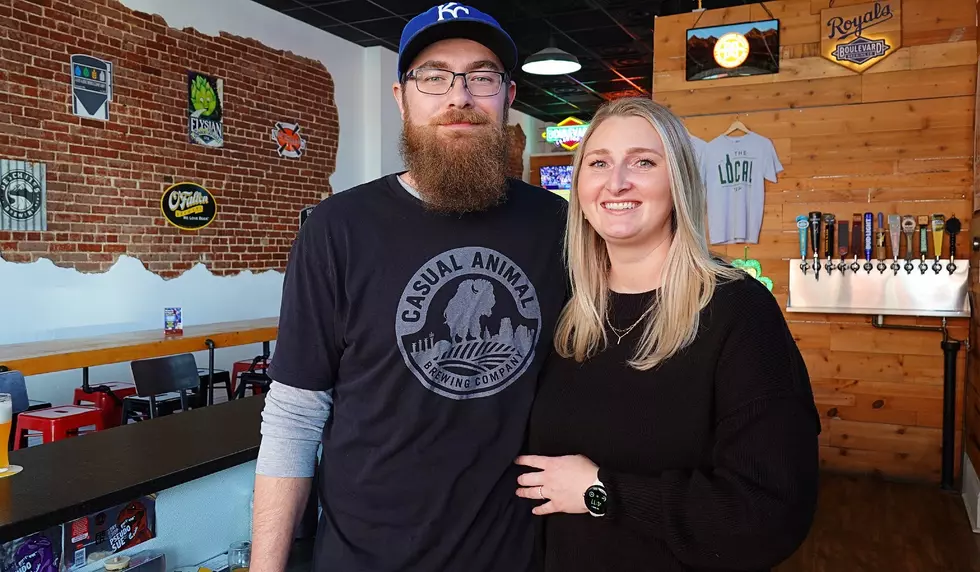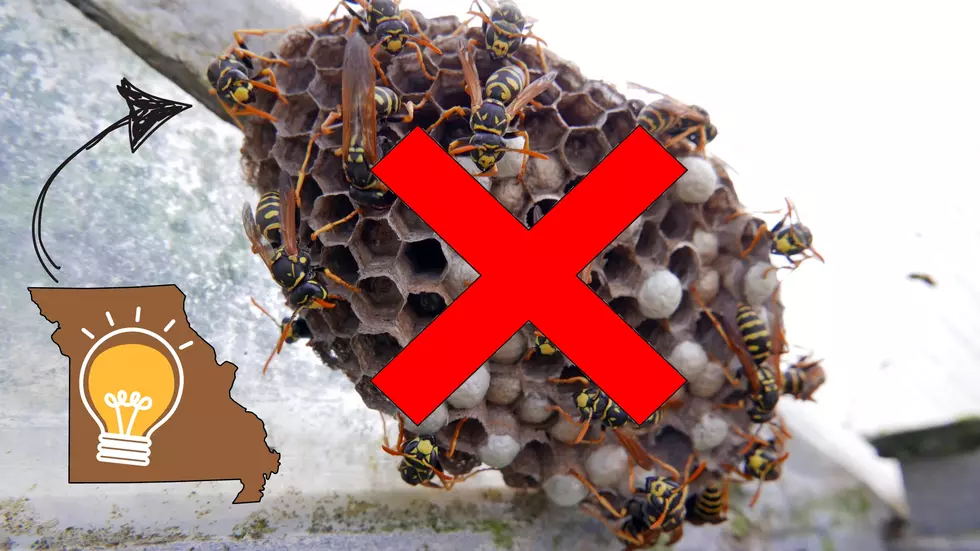
Steve Harvey’s Apology for Racist Comments Is Tepid at Best
Steve Harvey has been making headlines for all the wrong reasons lately. In addition to meeting with president-elect Donald Trump, Harvey kicked up some controversy with a recent segment on his talk show, in which he made racist comments about the Asian community. Not long after, author and chef Eddie Huang responded with a poignant, thoughtful essay in The New York Times, which in turn inspired Harvey to do what most celebrities do when they receive backlash for their ignorant actions: Deliver a half-hearted apology in the hopes that all will be forgiven and forgotten.
And sure, given how totally, relentlessly bonkers our current news cycle has been as of late, this whole Harvey controversy probably will be forgotten in a matter of hours — if it hasn’t already been overshadowed by some new report on Trump’s tweets or his alleged Russian ties or his burgeoning bromance with Vladimir Putin.
A quick recap: During a recent segment on the January 6 episode of his talk show, Steve Harvey mocked weirdly specific advice books like Dating for Under a Dollar: 301 Ideas — a fairly easy and harmless target for jokes, but things took a turn when he introduced How to Date a White Woman: A Practical Guide for Asian Men. Harvey makes what can hardly be described as a joke, suggesting that white women are not attracted to Asian men:
As you can see, it wasn’t really funny — even beyond the offensive comment, which is rooted in tired racial stereotypes, it’s just not even a joke. The real joke, maybe, is when Harvey’s crew immediately cuts to an Asian woman in the audience to show her laughing, as if that justifies the whole thing.
On January 14, The New York Times published an essay written by Eddie Huang, titled “Hey, Steve Harvey, Who Says I Might Not Steal Your Girl?” In the piece, the renowned chef, author and host of Viceland’s Huang’s World thoughtfully responded to Harvey’s comments by sharing his own feelings and anecdotes involving his friends, who are also Asian. Rather than make broad generalizations like Harvey did on his show, Huang uses his personal experiences as an example, and what follows is a poignant and occasionally humorous call for empathy:
I realized that people on the margins aren’t afforded the privilege of being complicated, whole, human beings in America; we have to create that existence ourselves, and it is that experience that I feel fundamentally binds us. Over time, I began to find solidarity with my singularity and difference. Yet the one joke that still hurts, the sore spot that even my closest friends will press, the one stereotype that I still mistakenly believe at the most inopportune bedroom moments — and I know Joe and Steve do as well — is that women don’t want Asian men. Attractiveness is a very haphazard dish that can’t be boiled down to height or skin color, but Asian men are told that regardless of what the idyllic mirepoix is or isn’t, we just don’t have the ingredients.
Huang ends the essay by calling Harvey out for his hypocrisy, and you can just hear the mic drop:
That’s why this Steve Harvey episode is so upsetting. He speaks openly about issues facing the black community, he is a man of God, and he has a huge platform to speak from. Unfortunately, he’s also the type of guy who orders Krug champagne for himself and Cook’s for every one else. For his own personal profit, he’s willing to perpetuate the emasculation of Asian men regardless of how hypocritical it is. He isn’t the only one doing this in 2017, but as I told myself on New Year’s, I’m not drinking anymore of this Cook’s they’re trying to pour, and neither should you.
That brings us to today, when Harvey took to Twitter to apologize for his comments; instead, his half-hearted statement, which reads like the usual obligatory concession, underscores Huang’s observation about Harvey’s hypocrisy:
“The humor was not meant with any malice or disrespect whatsoever” — except that it was. Harvey would do well to learn from Jennifer Holliday, who recently backed out of performing at Trump’s inauguration after receiving backlash from her fans, specifically those in the LGBTQ community. After The Daily Beast published a story titled “Jennifer Holliday Will Perform at Trump’s Inauguration, Which Is Heartbreaking to Gay Fans,” the Broadway star responded with a heartfelt apology letter, obtained by The Wrap.
In that letter, Holliday went above and beyond a basic apology; she acknowledged that her initial decision to perform was, however well-intentioned, an uneducated one:
I sincerely apologize for my lapse of judgment, for being uneducated on the issues that affect every American at this crucial time in history and for causing such dismay and heartbreak to my fans.
Sure, Harvey’s apology is better than nothing, I guess; it’s certainly better than the bizarre Twitter statement defending his meeting with president-elect Trump (about inner city housing developments, of all things) — and certainly better than Kanye West’s response to the backlash he received for his own recent meeting with Trump (about…their mutual Twitter addictions and shared affinity for tacky gold furnishings, I guess?). It’s definitely better than the deafening silence emanating from Rob Schneider after he essentially pulled an internet bro-style “Well, Actually” on Representative John Lewis; in a horribly ignorant tweet sent out on Martin Luther King Jr. Day, of all days, Schneider attempted to explain Dr. King’s Civil Rights ethos to Lewis, a Civil Rights leader and activist who actually knew Dr. King — unlike Rob Friggin’ Schneider.
These men — Trump included, not that he’d ever listen— could learn a lot from Holliday, whose apology wasn’t intended to save face or to merely quiet the backlash. Holliday did something more important: She took ownership of her mistake. There’s nothing shameful in admitting ignorance about experiences that differ from our own, especially when we’re called out for that ignorance. It takes more guts and grace to swallow your pride and take responsibility for your mistakes than it does to tweet out an uninspired, obligatory apology from an iPhone screenshot of your Notes app.
Saying “sorry” isn’t enough; self-awareness is meaningless without action and, as the modifier suggests, derived from one’s need to satisfy their own ego. What Holliday did was simple, but it offers a lesson that is vital to our survival over the next four years: She removed the “self-” from the equation, and recognized consciousness as a social imperative.
More From Mix 92.3







